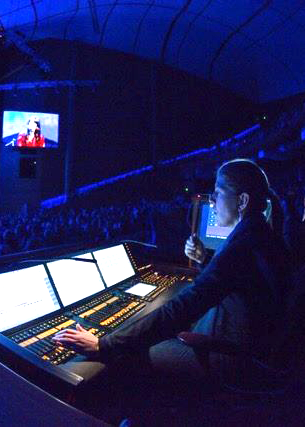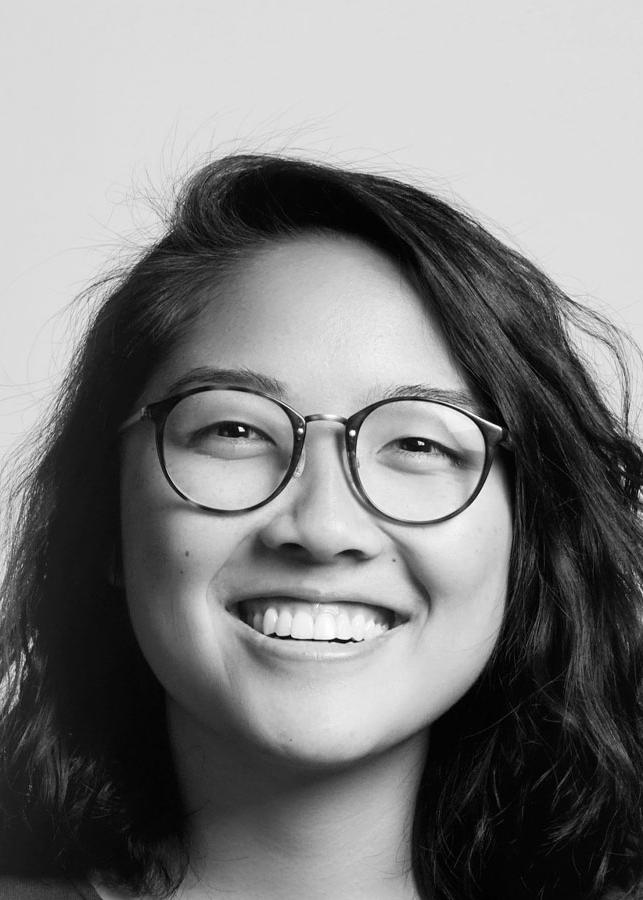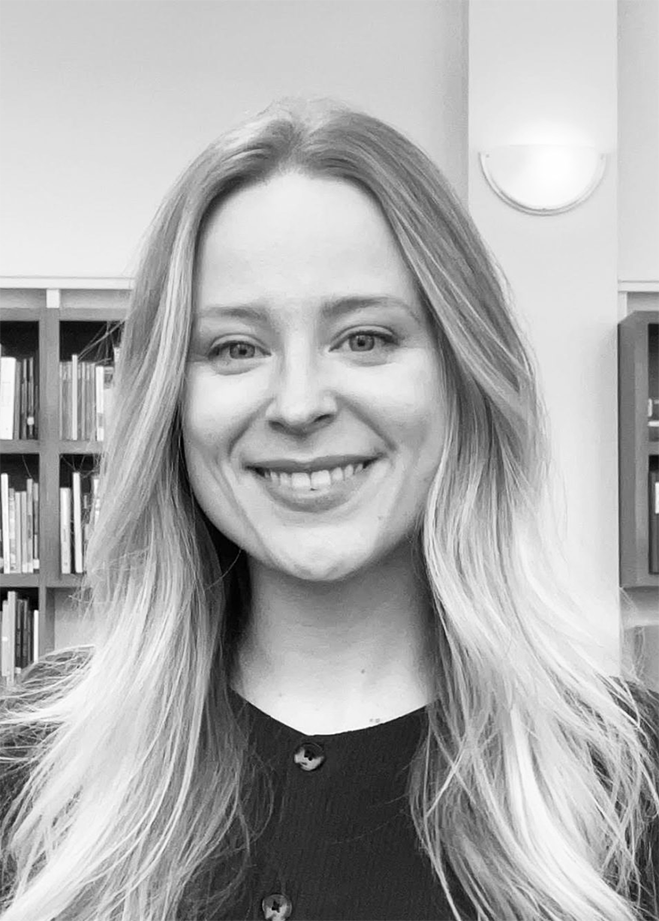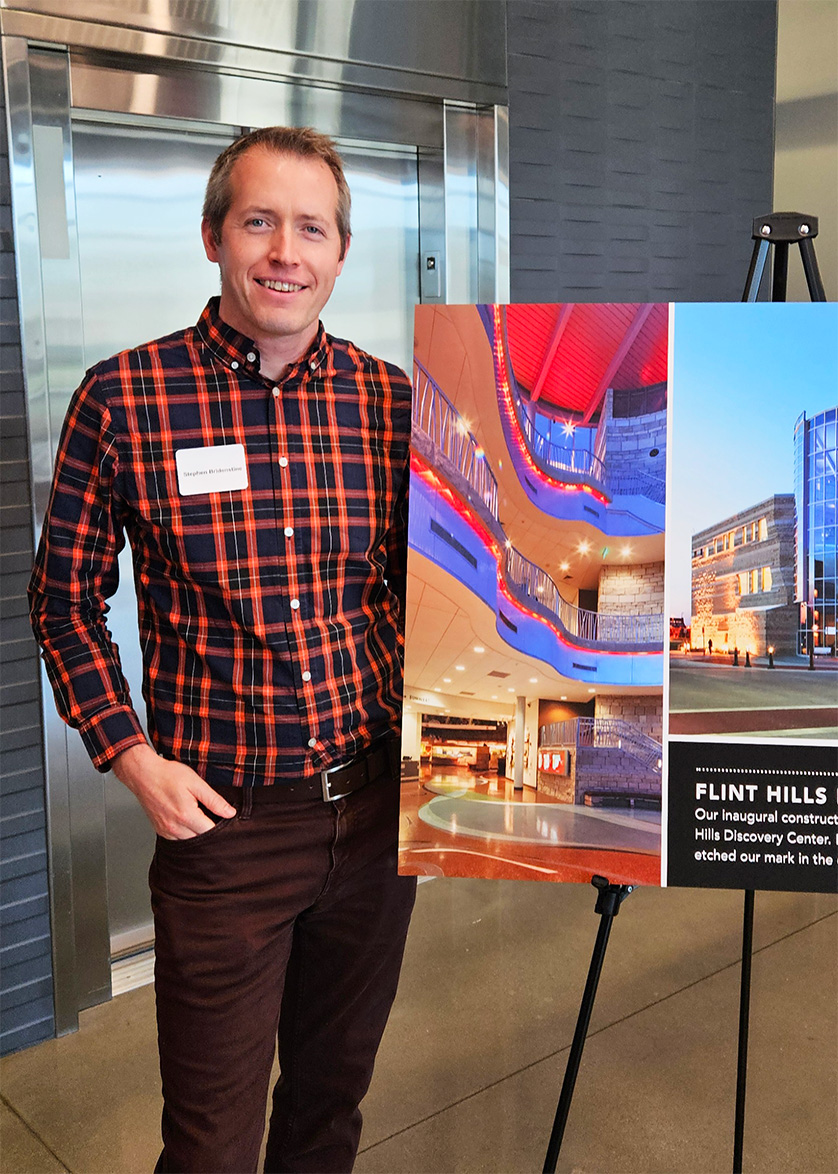Sharon Huizinga

Why did you choose your program at UBC and what did you enjoy most about it?
I chose UBC’s Master of Fine Arts in Design and Production program because I was looking for more professional training in scenic and lighting design after having finished my undergraduate degree. I wanted to go to Vancouver and start my career there, which is exactly what happened!
What choices did you make at UBC that contributed to your career success / journey?
I was able to work at the Chan Center for Performing Arts while pursuing my MFA. This led to an expanded career path that incorporated theatre, dance and opera, but also concert touring and corporate events.
What was your first job after graduation and what other jobs did you have before your current position?
My first job after graduation was actually my first job when I took a pause from my degree in 2001 (I returned many years later to complete the degree). This was as a touring lighting technician and assistant rigger on Dido’s No Angel tour.
After that my career included lots of concert touring as well as lighting design work for theatre, dance and opera.
I spent many years working for Diana Krall, worked as a lighting programmer for Shrek the Musical on Broadway, the 2010 Paralympic Games, and the Dutch National Opera and Ballet (I lived for a time in Amsterdam). I was also a lighting director for the Home State Ball at President Obama’s first inauguration and have worked on cross-border projects with the National Theatre of Ethiopia and so much more.
It has really been a fabulous career that has taken me all over the world and into so many interesting rooms and situations.
More recently I moved into education, starting as Assistant Professor of Lighting at the University of Cincinnati’s College-Conservatory of Music (CCM). Now I’m the Program Director for the Academy of Live Technology at Rock Lititz (a major hub for the entertainment industry).
Is your current career path as you originally intended? What challenges did you face in launching your career?
I could not have predicted the specifics of my career path, but all of it has been in the entertainment industry, and it has provided such an incredible passport to a wild world of experience.
Because Canada has universal health insurance, I did not really have any challenges in launching my career (for over a decade I worked as a freelance lighting designer, programmer and technician). This became more challenging when I moved to New York City, but by then my career was sufficiently established so that it was easy to navigate.
What do you like about your current job?
I’ve loved every job I’ve had in my career.
I love creating art, I love creating curricula and seeing students absolutely SOAR in their careers. I love mentoring students to do their best work and prepare themselves for satisfying careers that include capacity for reinvention, are lucrative, and involve doing really cool things with people they like.
From your experience, what has been the value of having an Arts degree?
My entire career has been in the arts. I’m not sure why anyone would choose a different degree!
The essence of a theatre practitioner is the ability to look around, assess what is available at the moment, and make something out of it. Sometimes it’s a matchbook, sometimes it’s several million dollars—same process. This makes creative problem solvers who are resilient and flexible.
You can drop theatre people (or anyone in the entertainment industry) into any situation and they will devise and execute a game plan based on the reality of the situation on the ground, and they can do it FAST. I find this to be without exception.
What advice would you give to students and alumni interested in breaking into your industry?
Talk to everyone, it’s a generous industry. While you are a student, everyone wants to help you.
My favorite quote from a guest artist is: “I never remember anyone who doesn’t ask a question.” Questions aren’t really about the information, they are about creating connections with other humans in the industry.
PARTICIPATE in your own life, engage, and find mentors. Ask someone to be your mentor, they’ll probably say yes.
What advice would you give your graduating self?
You simply don’t have to worry about anything. Worry is a prayer for something you don’t want. Just buckle up, have fun and enjoy the ride.
Sharon Huizinga



Why did you choose your program at UBC and what did you enjoy most about it?
I chose UBC’s Master of Fine Arts in Design and Production program because I was looking for more professional training in scenic and lighting design after having finished my undergraduate degree. I wanted to go to Vancouver and start my career there, which is exactly what happened!
What choices did you make at UBC that contributed to your career success / journey?
I was able to work at the Chan Center for Performing Arts while pursuing my MFA. This led to an expanded career path that incorporated theatre, dance and opera, but also concert touring and corporate events.
What was your first job after graduation and what other jobs did you have before your current position?
My first job after graduation was actually my first job when I took a pause from my degree in 2001 (I returned many years later to complete the degree). This was as a touring lighting technician and assistant rigger on Dido’s No Angel tour.
After that my career included lots of concert touring as well as lighting design work for theatre, dance and opera.
I spent many years working for Diana Krall, worked as a lighting programmer for Shrek the Musical on Broadway, the 2010 Paralympic Games, and the Dutch National Opera and Ballet (I lived for a time in Amsterdam). I was also a lighting director for the Home State Ball at President Obama’s first inauguration and have worked on cross-border projects with the National Theatre of Ethiopia and so much more.
It has really been a fabulous career that has taken me all over the world and into so many interesting rooms and situations.
More recently I moved into education, starting as Assistant Professor of Lighting at the University of Cincinnati’s College-Conservatory of Music (CCM). Now I’m the Program Director for the Academy of Live Technology at Rock Lititz (a major hub for the entertainment industry).
Is your current career path as you originally intended? What challenges did you face in launching your career?
I could not have predicted the specifics of my career path, but all of it has been in the entertainment industry, and it has provided such an incredible passport to a wild world of experience.
Because Canada has universal health insurance, I did not really have any challenges in launching my career (for over a decade I worked as a freelance lighting designer, programmer and technician). This became more challenging when I moved to New York City, but by then my career was sufficiently established so that it was easy to navigate.
What do you like about your current job?
I’ve loved every job I’ve had in my career.
I love creating art, I love creating curricula and seeing students absolutely SOAR in their careers. I love mentoring students to do their best work and prepare themselves for satisfying careers that include capacity for reinvention, are lucrative, and involve doing really cool things with people they like.
From your experience, what has been the value of having an Arts degree?
My entire career has been in the arts. I’m not sure why anyone would choose a different degree!
The essence of a theatre practitioner is the ability to look around, assess what is available at the moment, and make something out of it. Sometimes it’s a matchbook, sometimes it’s several million dollars—same process. This makes creative problem solvers who are resilient and flexible.
You can drop theatre people (or anyone in the entertainment industry) into any situation and they will devise and execute a game plan based on the reality of the situation on the ground, and they can do it FAST. I find this to be without exception.
What advice would you give to students and alumni interested in breaking into your industry?
Talk to everyone, it’s a generous industry. While you are a student, everyone wants to help you.
My favorite quote from a guest artist is: “I never remember anyone who doesn’t ask a question.” Questions aren’t really about the information, they are about creating connections with other humans in the industry.
PARTICIPATE in your own life, engage, and find mentors. Ask someone to be your mentor, they’ll probably say yes.
What advice would you give your graduating self?
You simply don’t have to worry about anything. Worry is a prayer for something you don’t want. Just buckle up, have fun and enjoy the ride.



